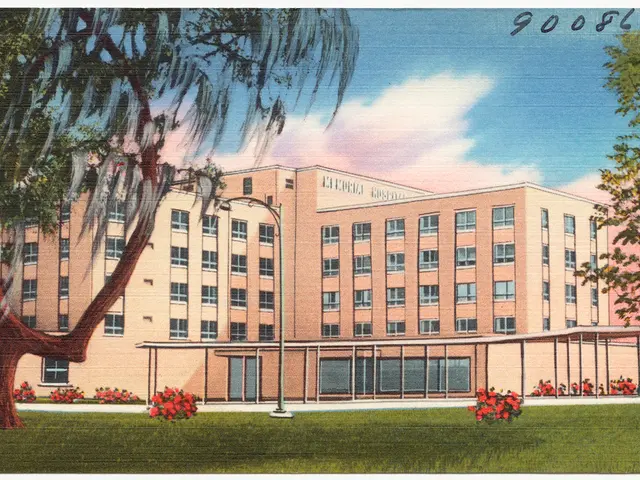German Farmer Revives Hemp Cultivation After 40-Year Ban
Jan Winkelmann, a 32-year-old farmer from Grops, has taken a historic step by planting industrial hemp this year. This marks the first time hemp has been cultivated in Germany since its prohibition in 1982. Winkelmann, in partnership with a Dutch company, aims to revive this ancient crop as a new economic pillar for his operation.
Winkelmann's hemp plants are not intoxicating, with a THC content below 0.3 percent, and are approved by the Federal Agency for Agriculture and Food (BLE). Unlike cannabis, industrial hemp has only very low THC content and is subject to strict state control. Winkelmann planted the hemp as a catch crop after the grain harvest, taking advantage of its deep root system that takes up organic fertilizers well and requires no plant protection.
The hemp plants are expected to be harvested in winter using a maize harvester attachment, with about eight to ten large bales per hectare. Hemp has diverse uses, including hemp oil production, paper production, textile production, and as a climate-friendly building material. Manfred Dannenfeld from the agricultural advisory service considers hemp a niche product and aims to inform farmers about its possibilities. Winkelmann shares this vision and aims to develop hemp cultivation and marketing as a new economic pillar for his operation.
Jan Winkelmann's pioneering move to cultivate industrial hemp in Germany could signal a revival of this ancient civilization's crop. With its numerous uses and low environmental impact, hemp has the potential to become a significant part of modern agriculture. Winkelmann's success in this venture could pave the way for other farmers to follow suit.








